Add an Endorsement
Early Childhood Special Education
Program Description
The Early Childhood Special Educator (ECSE) Endorsement Program is a ROPA-approved 21-credit sequence of courses and practicum experiences designed to prepare licensed Vermont educators to fulfill the requirements for an ECSE endorsement.
Upon successful completion of this program, the VT-HEC will recommend educators to the Agency of Education for the ECSE endorsement.
New cohorts begin every summer. This program is affiliated with Vermont State University.
If you don’t have a Vermont teaching license, learn more about earning your initial teaching license in early childhood education or early childhood special education.
Application and Program Requirements
- Applicants must have a current Vermont educator license.
- Applications are accepted year-round.
- Applicants should first contact VT-HEC to arrange a meeting to discuss this program and whether it is a good fit.
For Early childhood educators
Patty Morgan Scholarship
As professional learning funds are limited for early educators, many of whom work in private settings, this scholarship is awarded annually to an exceptional educator seeking either an initial license or endorsement as an Early Childhood Educator or Early Childhood Special Educator.
The Patty Morgan Scholarship covers the selected candidate’s VT-HEC tuition costs not covered by other funding sources.
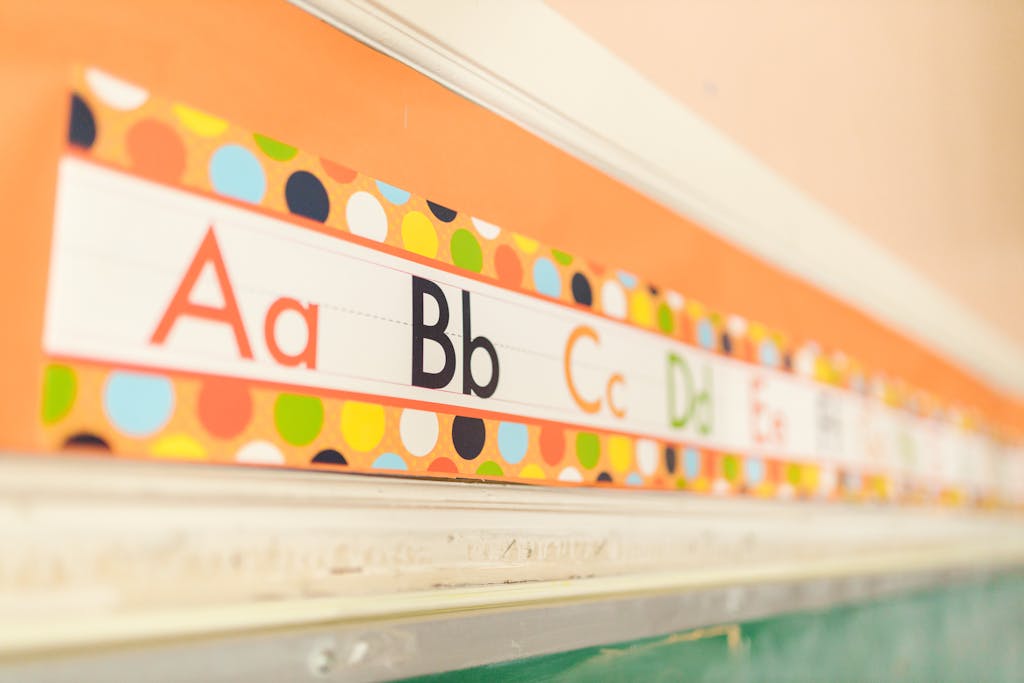
Program Timeline + Course Descriptions
Year One
Year Two
GUIDING YOU WITH EXPERTISE
Course Instructors
-
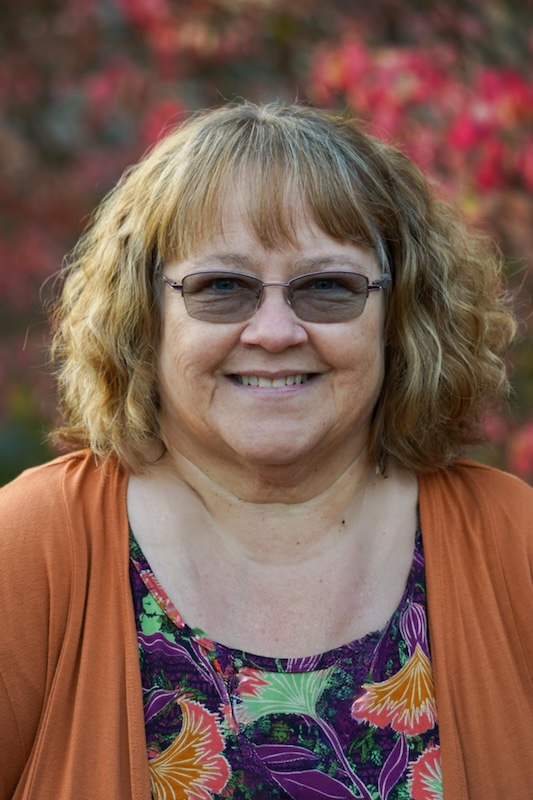
Brenda Bolio
-
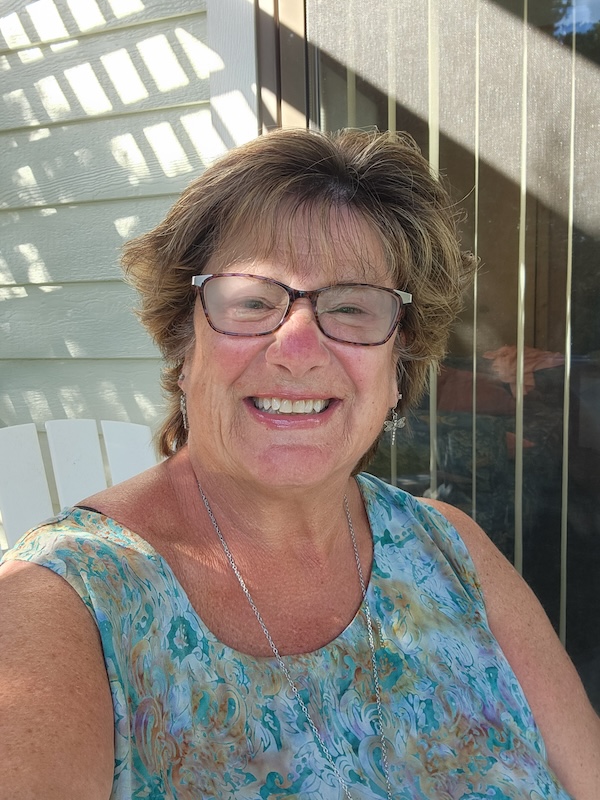
Lori Cassidy, M.Ed.
-

Danielle Kent, M.S., CCC-SLP
-

Cathy Siggins, M.Ed.
-

Amy Emerson
-
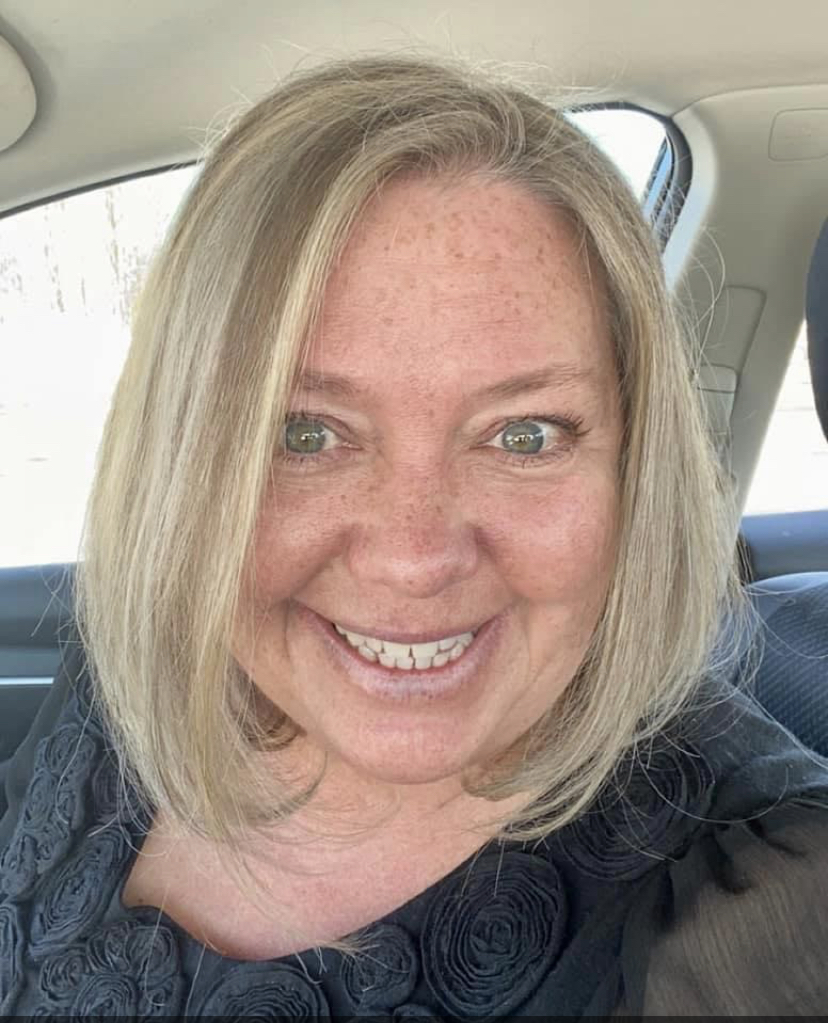
Jennifer Knowles
-
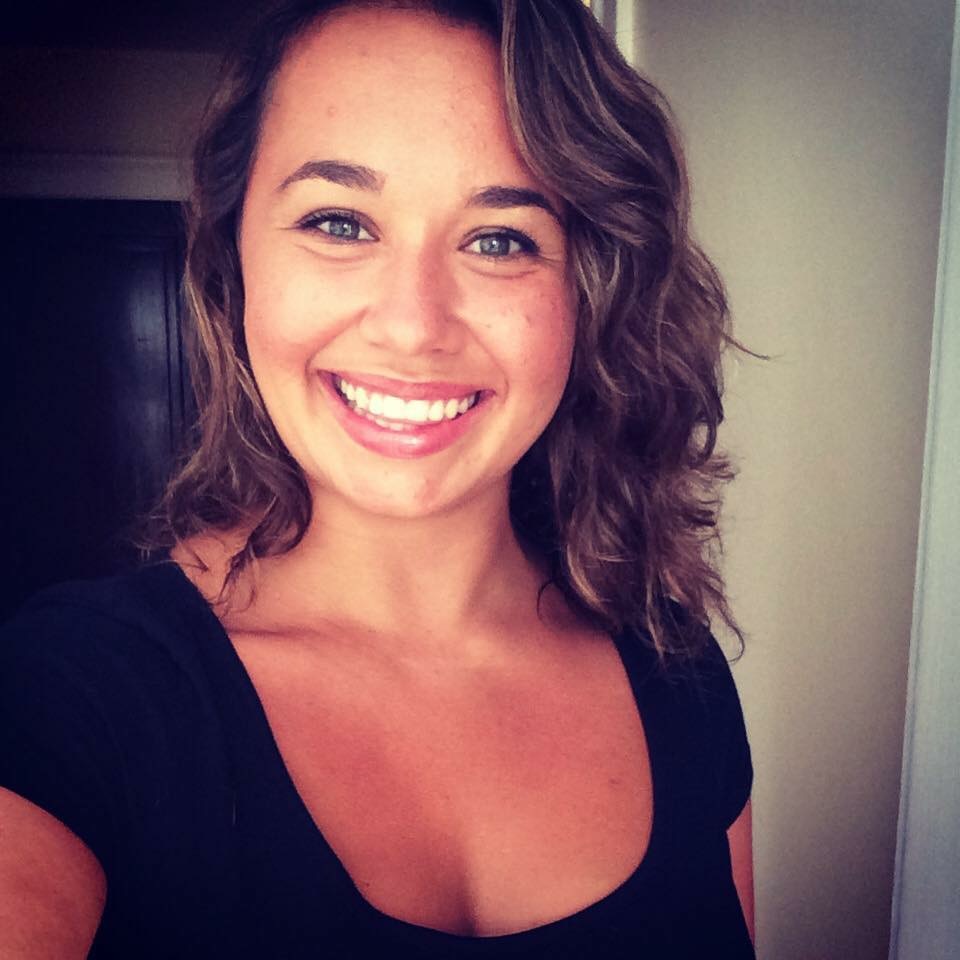
Kate Boursiquot
